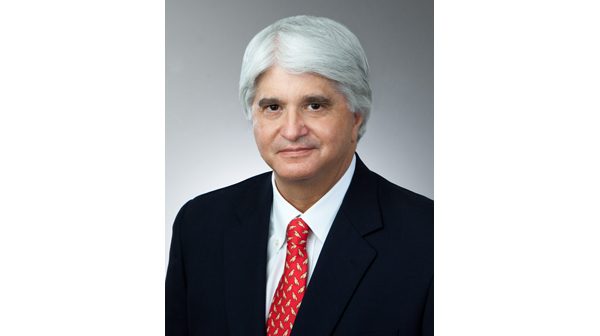
KK: Some may believe, “50 years ago EM began and was instantly ubiquitous.” However, in reality, it started in just a few places and wasn’t available everywhere, so the beginning of emergency medicine in Georgia may not have been 50 years ago. What did your surgery colleagues say about you when you said, “I don’t want to be a surgeon anymore”?
Explore This Issue
ACEP Now: Vol 37 – No 01 – January 2018JR: They thought I’d lost my mind. I was in my mid-40s with kids, and it was difficult. Back then, the doctors working in the emergency department were often viewed as inferior. Even now, in many rural areas—not only where I got my start, but throughout the country—emergency medicine is still delivered by those who are not trained in emergency medicine or even board certified. In some communities, it’s only delivered by a physician assistant or a nurse practitioner. Some may have misinterpreted what I have said about membership and including those that are not board certified and my thoughts on the Board of Certification in Emergency Medicine (BCEM).
KK: What were the misunderstandings about that John?
JR: It’s about the College recognizing its duty to improve emergency care regardless of the setting or who is delivering it. Over the years, and during my term on the Board, I think we’ve recognized it is our duty to pay more attention to rural emergency medicine. I really think a well-trained emergency physician has a great deal of impact when they go into a rural community.
It’s never been about saying residency training is unnecessary or there ought to be a different kind of board. No. I truly believe the only way to enter the specialty now is by residency training, and I truly believe the only boards are the two that we currently recognize. For those who don’t have the ability to go through residency and take the ABEM or American Osteopathic Board of Emergency Medicine examination, I think the BCEM exam has some value, not in certification, but in the preparation one has to go through to learn and elevate one’s knowledge and skill. There is no substitute for residency training and board certification via our recognized certifying bodies.
KK: Now I understand. Are you currently board certified?
JR: No. I did re-certify in surgery once, but then I wasn’t practicing surgery and I thought there was no reason to recertify again.
KK: Why did you choose not to pursue ABEM certification?





No Responses to “Meet ACEP President-Elect Dr. John Rogers”